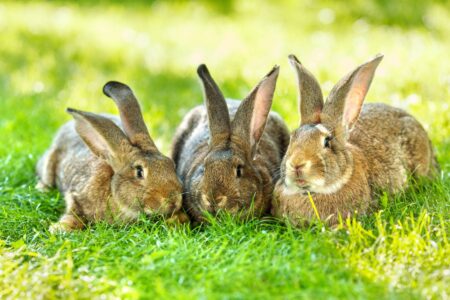Addressing a group of Nobel Prize winners, President Kennedy announced, “I think this is the
most extraordinary collection of talent, of human
knowledge, that has ever been gathered together at the
White House — with the possible exception of when Thomas
Jefferson dined here alone.” The audience
in the simple act of eating would indeed have shown a
prodigious mind at work.
Jefferson ate vegetables, peas in
particular, from all corners of the world. Dining alone
gave him the opportunity to make copious notes of his own gardening experiments. “I have often thought,” he wrote
in 1811, “that if heaven had given me choice of my position
and calling, it should have been a rich spot of earth, well
watered, and near a good market for the productions of the
garden. No occupation is so delightful to me as the culture
of the earth….”
When other obligations kept him away from
Monticello, his home in the Virginia Piedmont, Jefferson
would use free time to draw garden plans and
conduct a worldwide correspondence on matters
horticultural. He traded exotic seeds with president George Washington while serving as Washington’s Secretary of State, and the two men spent hours discussing
their experiments. On May 12, 1826, in the last entry
published in the exhaustive Thomas Jefferson Garden Book and only a
month and a half before his death at 83, he wrote a
brief letter requesting the consignment of a missing box of
exotic French seeds, “…the sooner the better as the
season is fast advancing.”
By the time of Jefferson’s
death, the orchards and gardens at Monticello formed the
vanguard of fruit and vegetable research in the South, if
not the entire nation. This scientific juggernaut had its
origins in a simple observation. On March 30,1766,
Jefferson, 22, opened his Garden Book with the
following note: “Purple hyacinth begins to bloom.” Once
turned on, his eye caught almost every change in the
environment, and whatever he saw rarely escaped being
recorded. Over the next 60 years, notes, letters,
instructions, and requests flowed and tumbled over each
other in the book. The man’s mind could not be quieted.
His
gardens are still meticulously maintained to this day.







